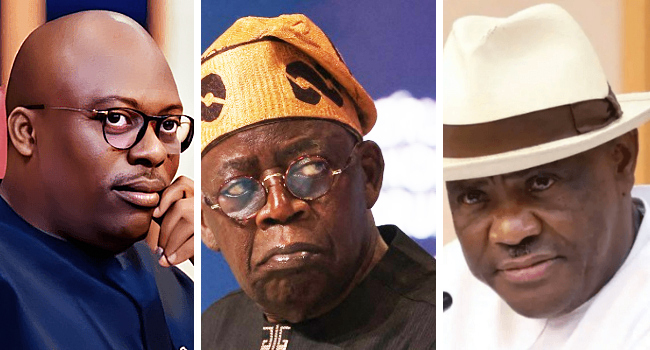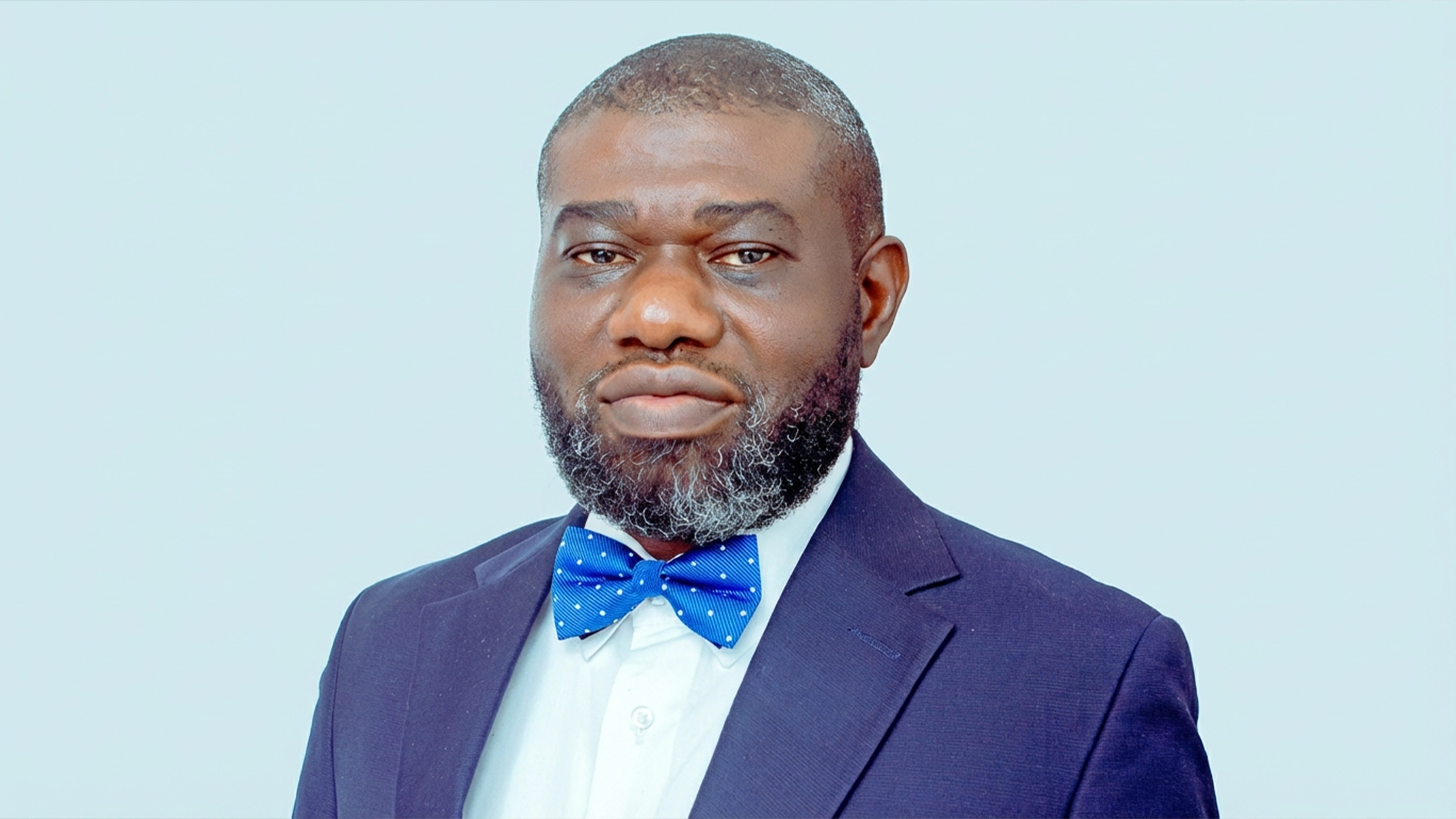
Nigeria, once revered as Africa’s democratic powerhouse, now stands on the brink of a constitutional crisis. The recent political turmoil in Rivers State and the dramatic power struggles in the Senate paint a grim picture of governance in the country. The alarming trend of selective justice, political maneuvering, and abuse of power expose a deep-rooted problem that Nigeria’s democracy is under siege.
At the center of this storm lies a crucial question: Why has President Bola Tinubu swiftly wielded his authority to suspend Rivers State Governor, Siminalayi Fubara and his entire administration, but turned a blind eye to the role of former Governor, Nyesom Wike in the crisis? This blatant inconsistency calls into question the federal government’s motives, raising suspicions of political favoritism and a systematic erosion of democratic principles.
On March 18, 2025, President Tinubu declared a state of emergency in Rivers State, citing rising political tensions and security threats. This move resulted in the unprecedented suspension of Governor Fubara, Deputy Governor Ngozi Odu, and all 27 lawmakers in the state legislature. In their place, Retired Vice Admiral Ibokette Ibas, was appointed as an interim administrator; an act that, while falling under Section 305 of the Nigerian Constitution, raises profound legal and ethical questions.
The Nigerian Bar Association (NBA) swiftly condemned the decision, calling it an outright violation of constitutional provisions. Legal analysts argue that a state of emergency does not equate to an automatic suspension of elected officials. If a sitting president can wield such sweeping powers in one state, what prevents him from extending similar authoritarian measures elsewhere?
More troubling is the deafening silence on Nyesom Wike’s involvement in this crisis. The former governor and current Minister of the Federal Capital Territory (FCT) has been a pivotal figure in Rivers politics, yet the federal government has deliberately chosen to shield him from scrutiny. Wike’s political maneuvering and alleged role in the breakdown of governance in Rivers State remain unaddressed. Why has the Tinubu administration refused to act against him? Is this a deliberate act of selective justice?
While Rivers State struggles under the weight of political interference, the Nigerian Senate finds itself embroiled in its own crisis. Senator Natasha Akpoti-Uduaghan shocked the nation with allegations of sexual harassment against Senate President Godswill Akpabio, an explosive claim that has rattled Nigeria’s upper legislative chamber. Instead of launching an investigation, the Senate leadership swiftly suspended Akpoti-Uduaghan for six months, citing misconduct.
The timing and rationale of her suspension have been widely criticized as a tactic to silent dissent and suppress women’s voices in politics. Human rights groups and civil society organizations have condemned the move as another example of power wielded without accountability. Why is a female senator being punished for speaking out, while allegations against the Senate President remain uninvestigated? This episode highlights the entrenched culture of impunity in Nigeria’s political system.
Nigeria’s democratic pillars are being shaken to their core. The targeted punishment of political figures, the abuse of constitutional loopholes, and the deliberate suppression of dissent suggest that the country is descending into a dangerous phase of authoritarianism.
The selective nature of these actions raises an urgent question for the President: Why is Nyesom Wike untouchable while Governor Fubara and his administration are being dismantled? Justice must be blind, and governance must be rooted in fairness, not political loyalty. If these troubling trends continue, Nigeria risks setting a precedent where democracy exists in name only, overshadowed by executive overreach and unchecked power.
The unfolding events in Rivers State and the Senate send a clear message to the Nigerian people our democracy is fragile, and its preservation depends on active civic engagement. Nigerians must demand transparency, accountability, and an end to selective justice before it is too late.
The leadership of this nation must decide: Will they uphold the constitution and restore faith in democracy, or will they allow Nigeria to slide further into the abyss of authoritarian rule? The world is watching, and history will remember the choices made today.
As the crisis deepens, one thing remains clear Nigeria’s political elites must be held accountable. The time for silence is over. It is now up to the people to stand against tyranny and demand a system that works for all, not just those in power.
The fight for democracy has begun!

Iniubong Sam, a public analyst and social commentator, wrote from Uyo, Akwa Ibom State.






